The latest Markit/CIPS UK Construction Purchasing Managers’ Index dropped to 52.2 in March from 52.5 in February.
A softening of the housing market outweighed a rebound in the commercial and civil engineering sectors.
Buyers are confident about future prospects with almost half expecting business to increase this year compared to 9% predicting a decline.
Tim Moore, senior economist at IHS Markit and author of the Markit/CIPS Construction PMI, said: “UK construction firms experienced a growth slowdown in March, with the loss of momentum centred on house-building.
“A weaker trend for residential work has been reported throughout 2017 so far, which provides an indication that the cooling UK housing market has started to act as a drag on the construction sector.
“Civil engineering projects were the construction sector’s main growth engine in March, driven by rising infrastructure spending and a strong pipeline of new work throughout the UK.
“March data showed a slight rebound in commercial construction activity.
“Survey respondents noted that the resilient economic backdrop and receding Brexit-related anxieties have helped to stabilise client demand after the disruption to development projects last summer.
“Despite a relatively subdued rise in new work during March, UK construction firms reported a more sanguine assessment of their year-ahead growth prospects.
“Business confidence was among the highest seen since the end of 2015, which construction companies linked to upcoming tender opportunities, plans for increased marketing expenditure and hopes of a sustained recovery in clients’ willingness to spend.”
Duncan Brock, director of customer relationships at the Chartered Institute of Procurement & Supply, said: “Where the housing sector acted as the main engine of growth over the last four years, this month it was slower and stuttering, while overall purchasing activity in the construction sector was disappointingly tame, shackled by a lack of new orders and rising costs.
“This downbeat effect took a small bite out of any strong rises in employment levels, as the increase in staff hiring was at a three-month low.
“But as the sector showed strong optimism for future business, concerns over the skilled labour availability are likely to persist in coming months.
“Pressure on suppliers remained intense, as they battled against lower stocks and made greater efforts to fight the pincer movement of a shortage in some materials and the continued force of higher global commodity prices.”





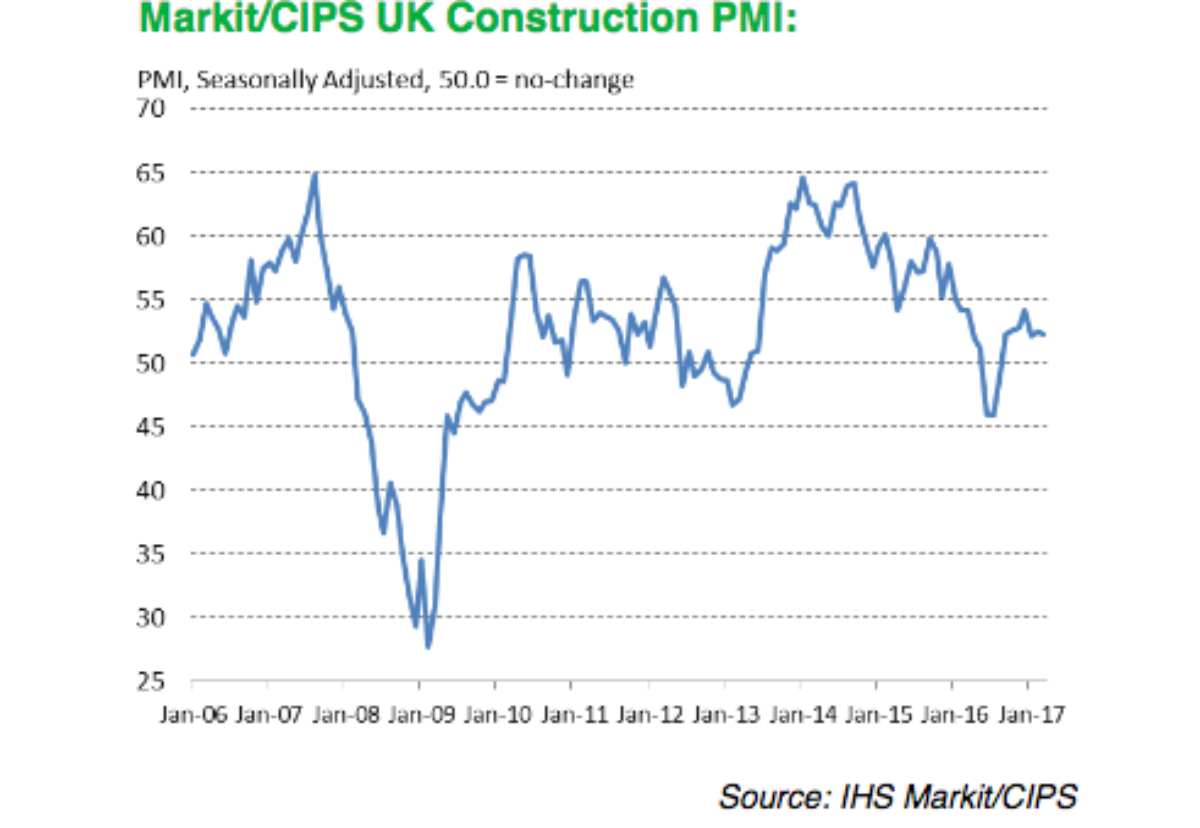






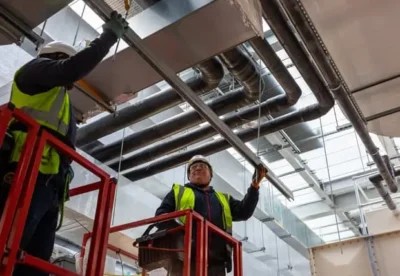


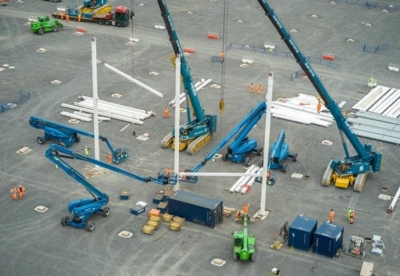

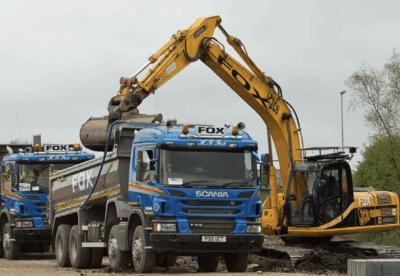


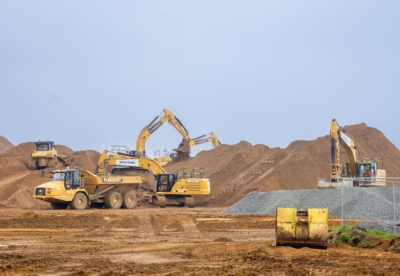
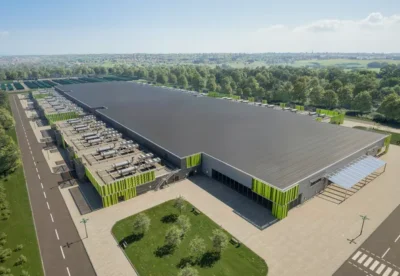

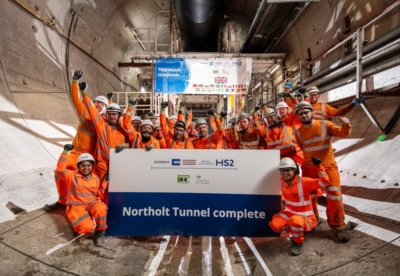

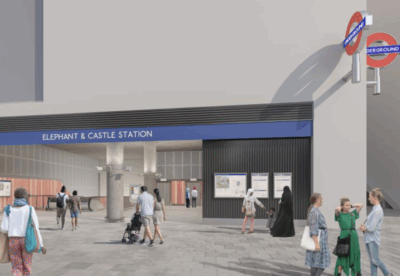

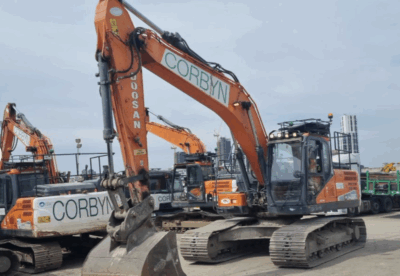




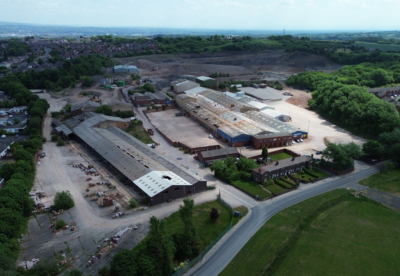
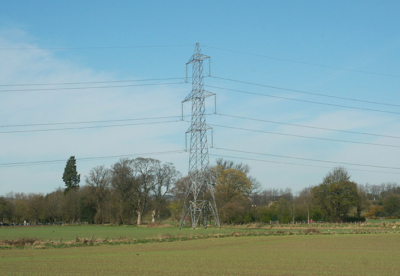




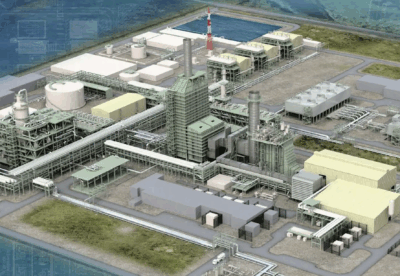




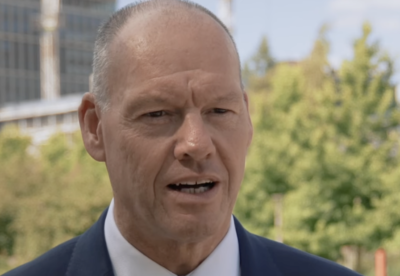




 (300 x 250 px) (2).png)






